Publications
Articles, publications, books, tools and multimedia features from the U.S. Institute of Peace provide the latest news, analysis, research findings, practitioner guides and reports, all related to the conflict zones and issues that are at the center of the Institute’s work to prevent and reduce violent conflict.
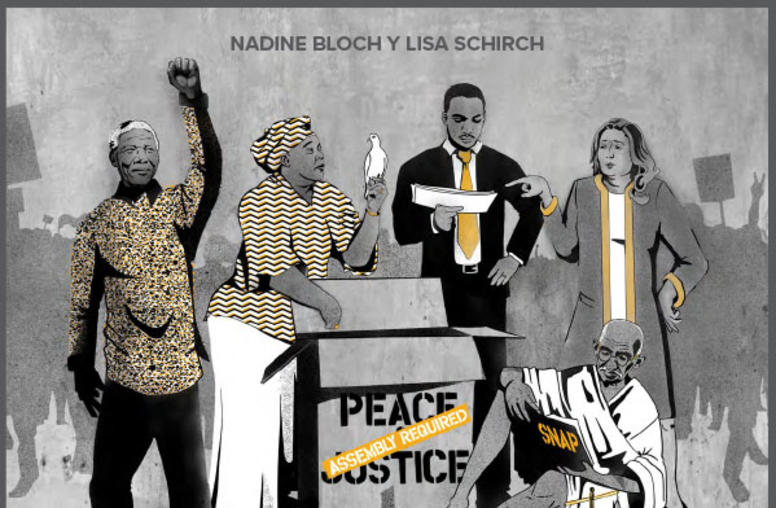
SNAP: Synergizing Nonviolent Action and Peacebuilding (Spanish)
Esta guía de acción busca tender puentes entre los profesionales en la construcción de la paz y la acción no violenta a fin de que se usen métodos de manera estratégica y con eficacia en el camino hacia la transformación de conflictos. Muestra cómo el diálogo, las habilidades de acción directa y los enfoques se pueden sinergizar para avanzar la justicia y la paz sostenible.
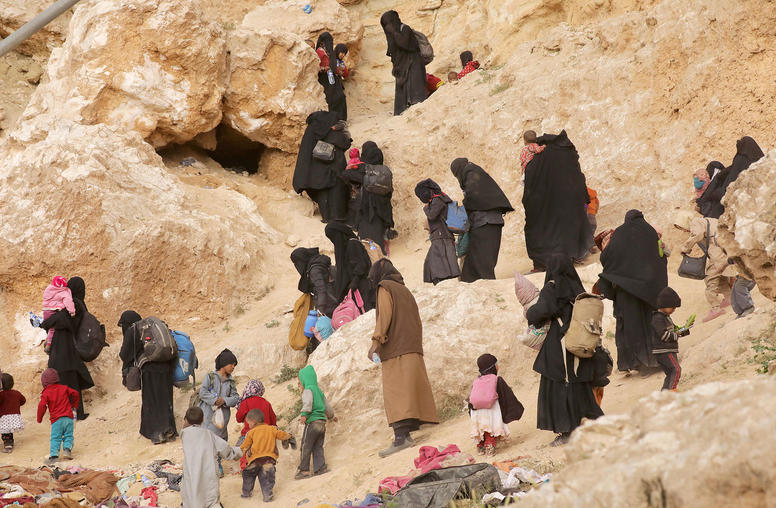
Injecting Humanity: Community-Focused Responses for People Exiting Violent Extremist Conflict
Communities worldwide face the challenge of reintegrating people exiting violent extremist conflicts. This report draws on established programs and the recommendations of authoritative bodies to exami

Frank Aum on the Latest on North Korea Nuclear Negotiations
Once U.S.-South Korean joint exercises conclude next week, USIP’s Frank Aum believes working-level negotiations with North Korea will resume. Despite the lack of progress over the last year, Aum says,
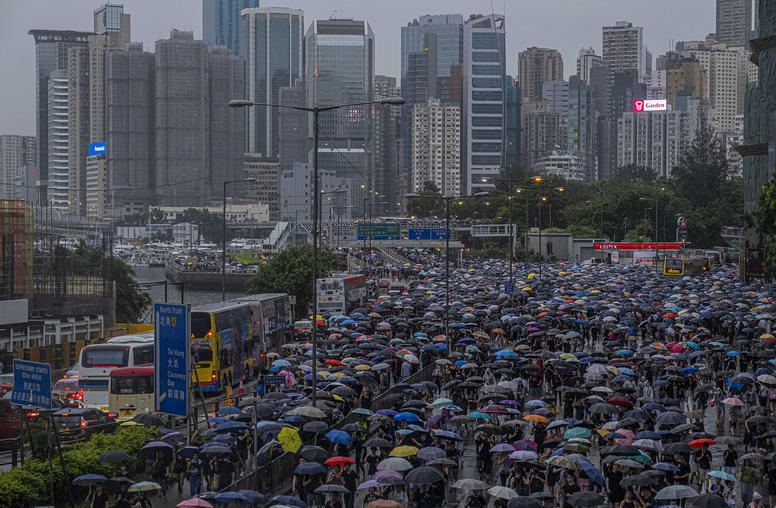
Despite Beijing’s Threats, Hong Kong Protesters Remain Unbowed
Hong Kong saw another massive rally on Sunday, with an estimated 1.7 million pro-democracy protesters taking to the streets. So far, China’s response to the protests, which started in June over a proposed bill that would have allowed extradition to mainland China, has largely consisted of a disinformation campaign and support for the Hong Kong police, which have engaged in violent beatings, extensive use of tear gas, and firing of rubber bullets to clamp down on the protesters. USIP experts discuss how the situation has evolved, the potential of Beijing conducting a violent crackdown, what the international community’s response would be, and what the U.S. can do.
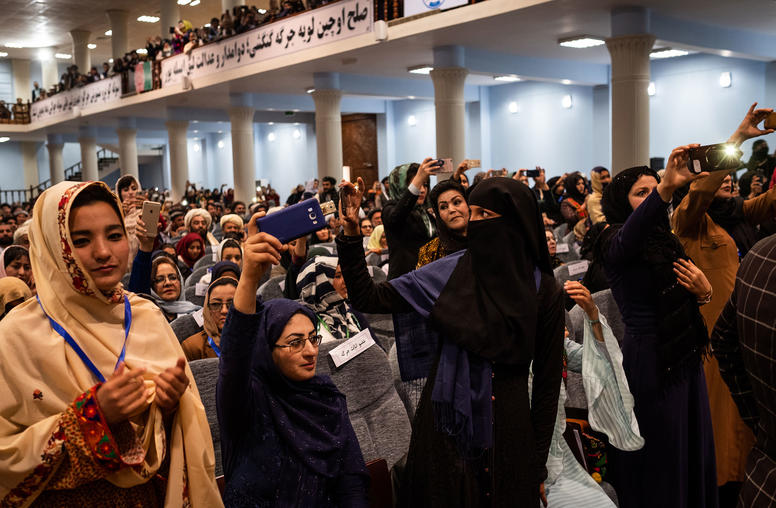
Afghans Want the Right Peace Deal, Not Just an End to Violence
Afghans are hopeful that a peace deal between the Taliban and the U.S. will bring them a step closer to the end of the country’s four decades of conflict. This protracted state of war has resulted in the loss of countless lives; mass displacement; and the destruction of infrastructure and the education and justice systems. Afghans will feel the consequences for generations to come.

Jacob Stokes on China’s Credibility Problem
Amid the escalating Hong Kong crisis, USIP’s Jacob Stokes says China’s history of breaking deals has created a basic credibility problem that “relates to Hong Kong, it relates to territorial disputes
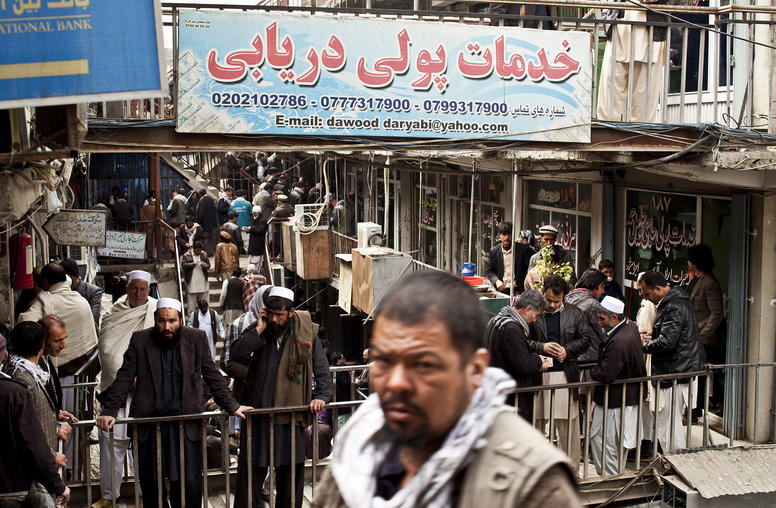
Afghan Government Revenue, Critical for Peace, Grows in 2019
An Afghanistan peace deal, currently under discussion between the Taliban and U.S., will depend in the long term on more than political and military agreements. A sustained peace will also require that the Afghan government can generate growing revenue to help pay its soldiers, deliver services and reduce its dependence on...
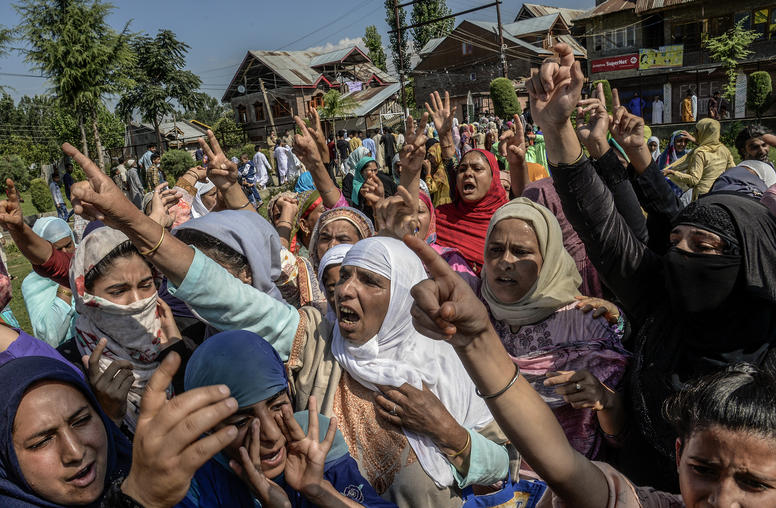
Kashmir Crisis Raises Fear of Intensified India-Pakistan Conflict
Last week, India made a controversial decision to revoke the special status of the disputed region of Kashmir and sent thousands of troops to quell any potential unrest. The Muslim-majority territory has been a major source of tension between India and Pakistan since it was partitioned between...
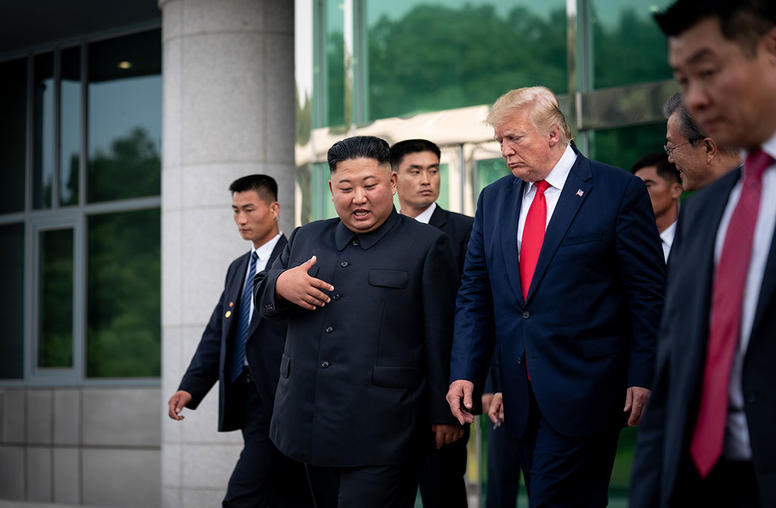
What’s Next with North Korea?
It’s been over a month since President Trump became the first sitting American president to set foot in North Korea. After months of stalled talks, this third Trump-Kim meeting was greeted with optimism, as the two leaders agreed to resume working-level negotiations. Not only have those talks not started up again, but North Korea has since conducted several missile tests in what many experts believe is a bid to maintain pressure on Washington and Seoul.

Thomas Hill on Libya and Tunisia in Transition
The death of President Essebsi was a major loss for Tunisia, but the U.S. remains deeply invested in advancing democracy in the country. Alternatively, looking to the instability in Libya, Hill says, “The U.S. is not involved at all, [even though some] Libyans are pressing for the U.S. to do more … The most productive way the U.S. can be involved is not militarily or financially, but rather diplomatically.”